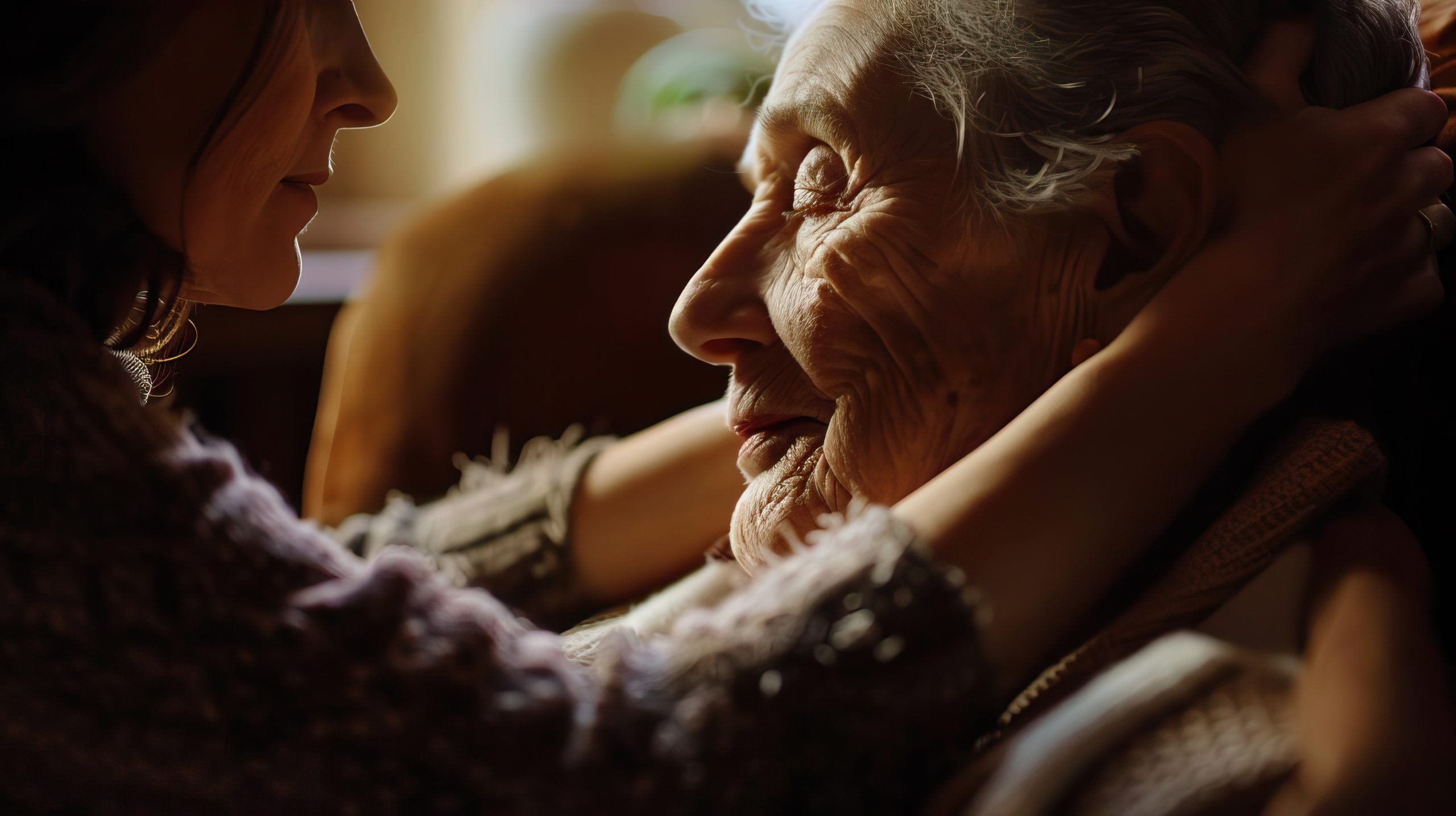Caregiving for a sick, elderly or disabled person can be both physically and mentally exhausting. In fact, it’s a major reason why burnout often happens to those tasked with providing and managing a loved one’s long-term care. To provide much-needed relief, respite care is a form of temporary aid that can support the primary caregiver.
Respite care supplies assistance to give the primary caregiver a break. Often, this form of care takes place in several different locations including: at a day-care center, nursing facilities, or in home at intervals ranging from a few hours a day up to weeks at a time.
There are many benefits for caregivers in seeking out this form of intermittent assistance, including the following:
Restoration
There’s no doubt about it: caregiving for a sick, aging, disabled, or elderly individual is hard work, fraught with ongoing stress and evolving demands. One of the biggest benefits of respite care is that it can afford the main caregiver an opportunity to rest and restore their own health and wellness.
Burnout can be accompanied by a lack of compassion, greater irritability, lack of patience, difficulty making decisions, and built up resentments. However, a good, solid break and a change of scenery is known to help alleviate many of these common issues and enable the caregiver to recharge and return to the rewarding and ongoing tasks associated with giving so much to a loved one in your care.
Shared Responsibility
Another tremendous benefit of employing respite care is that it can share the burden and help those operating in isolation to feel supported. The simple act of having others share in the tasks required for care can lighten the load and enable the primary caregiver to take a break either occasionally or on a more regular basis.
Renewed Appreciation
In any stressful situation, feeling appreciated can make a world of difference. With respite care, taking a step back for a moment can help reconnect with that sense of gratitude for being able to give care to a loved one in need while also granting space to renew the ability to feel and show appreciation.
That being said, sometimes a break is a great way to evaluate the output of care and take time to acknowledge the truly difficult task you are doing. If the individual in your charge is not able to connect with a sense of appreciation for the ongoing work you do, it’s important to self-validate. This can look different for everyone. To help nourish a vital sense of appreciation, try the following:
Put Yourself in a Different Position
Take a moment to imagine things differently: if your loved one wasn’t unhealthy or preoccupied with their situation, how would they channel gratitude then? Consider how the care you give could be received by a person not distracted or hindered by their own ailment.
Give Yourself Credit
While we often want the external recognition for all that we do, sometimes it just doesn’t happen. Instead of battling this, try and make peace with it and self-validate. Examine how much you contribute and the big difference it makes. Write it down and remind yourself that it is hard and demanding work.
Find Support
Since it’s not always possible to receive the gratitude or recognition desired by the person in your care, expand your network and find support from those that can acknowledge your efforts. This is particularly helpful when you are feeling extra unappreciated. Remember, positive reinforcement can come from your community and support network.
Practice Acceptance
Circumstances around long-term caregiving are rarely light. When facing illness or aging, it is easy to fall into a trap around the unfairness of the situation. Unfortunately, this can suck up energy and leave you dwelling in a place looking for someone to blame. Much happens in life that just doesn’t make sense and there’s no way to answer “why?” Instead, practice trying to find radical acceptance of the scenario and connect with the deep, meaningful practice of positive reasons behind providing and repaying care.
Look for Balance
Having other things in life is essential in being able to sustain caregiving. Mindful and centering activities such as yoga, meditation, and running, in tandem with a solid social life that includes other types of activities like church or book group that refract back a sense of self, are important to maintaining inner harmony in difficult situations.
Signs of Caregiver Overload
To prevent a situation from becoming harmful to your own health, it’s critical to know the common signs and/or symptoms of burnout and caregiver stress:
- Fatigue
- Lack of energy
- Sleep issues
- Trouble focusing or concentrating
- Building resentment
- Anxiety
- Depression
- Prone to irritability
- Health issues
- Lowered immune function
- Inability to take care of self
- Feeling helpless and/or hopeless
How to Ask for Help
Respite care can be as simple as asking nearby friends or family to share in the responsibilities of caregiving in order to give you breaks or a bit of help. We also recommend joining a caregiver support group, whether online or at a local chapter to provide you with the opportunity to share and feel seen and supported in your endeavors.
Finding a community to help deal with the issues that inevitably arise on the journey and having an empathetic ear to listen to problems and help brainstorm solutions can be everything.
Finding Solutions
With many different types of respite care available, the goal is to find the one that is ideal for your caregiving situation.
In-Home Options
From a short stay with an in-home caregiver, enlisting the help of family and friends or looking into weekly sitting services, there are plenty of options for those with limited mobility or lack of transportation.
Out-of-Home Options
Day care centers are the main type of respite care. Many of these locations offer socialization activities to help individuals with illnesses or other chronic conditions boost their quality of life through things like arts and crafts, game nights, assisted bathing, foot care, and even hairdressing.
If you are just starting out, talk with available doctors, community support groups and those around you to find a solution that enables you to both provide good care for yourself and to sustain the care required for your loved one.
At Wings of Hope, respite care is one of the many services that we offer in order to support caregivers as they navigate the journey of caring for a loved one. Contact us today to learn more about how we can help.





